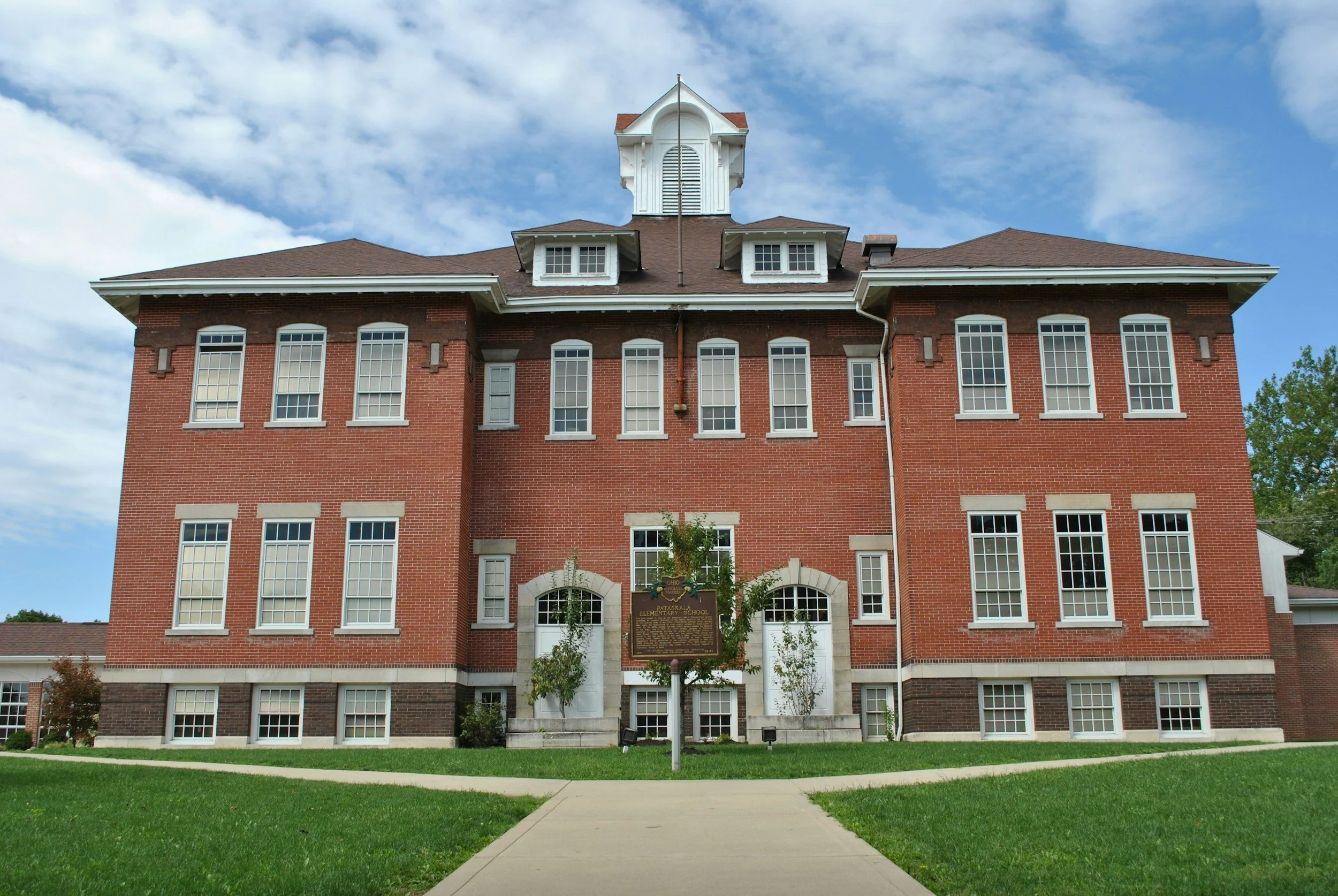New Survey Finds Most Parents Would Send Their Kids to Private School if Tax Dollars Were Available
A new poll of parents nationwide found most would welcome using public dollars to send their children to private school if they had the option. The 57th annual PDK Poll of the Public’s Attitudes Toward the Public Schools also found overall confidence in public schools continues to erode.
The poll, conducted June 21-30, 2025, by the Wason Center for Civic Leadership at Christopher Newport University for PDK International, surveyed 1,005 adults nationwide. Results show deepening divides over public education, with growing demand for school choice, ongoing concerns about teacher pay, and broad opposition to eliminating the U.S. Department of Education.
Parents Increasingly Favor Public Funds for Private and Religious Schools
For the first time in the poll’s five-decade history, most parents, at 59 percent, said they would send their child to a private or religious school if at least partial public funding were available. That figure has steadily increased from 56 percent in 2020 and just 33-44 percent in the late 1990s and early 2000s.
Support varies sharply by political affiliation. 71 percent of Republicans favor using public funds for private or religious schooling, compared with 47 percent of Democrats. Independents expressed the highest support, at 84 percent.
“This data suggests that for many families, the desire for choice extends beyond charter schools and into publicly funded alternatives like private or faith-based education,” noted John G. Hendron, Ed.D., Director of Public Relations for PDK International, in the report.
Confidence in Public Schools Slips to New Lows
While enthusiasm for school choice is growing, public confidence in traditional public schools is weakening.
Just 43 percent of respondents gave their local schools an A or B grade, compared 53 percent in 2013. Ratings for the nation’s schools fell even more steeply with only 13 percent awarded an A or B, down from 26 percent in 2004.
The findings mark one of the lowest approval levels in the poll’s 57-year history, underscoring challenges facing educators, policymakers, and advocates as they work to strengthen public trust in the school system.
Teacher Pay and Shortages Remain Urgent Priorities
Even with shifting opinions on school choice, Americans overwhelmingly view teacher pay and staffing shortages as critical issues. Nearly two-thirds of adults (64 percent) said teacher salaries are too low.
Support for higher pay was especially strong among Democrats (73 percent) and independents (62 percent), though just 39 percent of Republicans agreed. Overall, 92 percent of respondents said addressing teacher pay is important, signaling widespread recognition of the link between compensation, shortages, and classroom quality.
The National Education Association reports that average teacher pay nationwide is 5 percent lower than a decade ago when adjusted for inflation, despite recent raises in some states.
Most Americans Oppose Eliminating the U.S. Department of Education
Debates over the federal role in education have intensified in recent election cycles, but most Americans reject the idea of dismantling the Department of Education.
According to the poll, 66 percent oppose eliminating the department, while only 12 percent strongly support closure. Support for elimination is concentrated among Republicans (46 percent), while 23 percent of independents and no Democrats back the move.
Overall, 65 percent of respondents said eliminating the department would harm public schools, citing concerns about the distribution of federal funds and oversight of civil rights protections.
Methodology: The 2025 PDK Poll surveyed a nationally representative sample of 1,005 adults in English via telephone. The margin of error is plus or minus 3.9 percentage points at the 95% confidence level.




